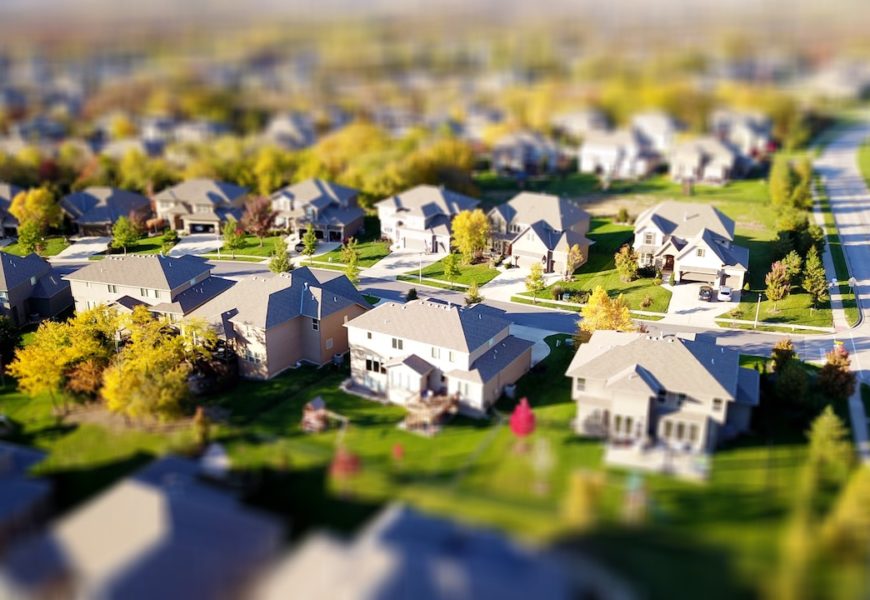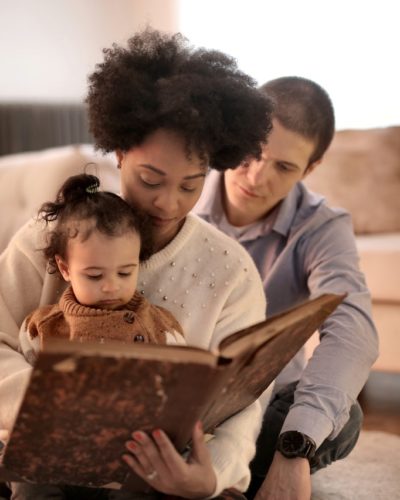Now that autumn is only a few weeks away and the days have cooled off, I’ve resumed an old habit – a daily walk through my neighborhood.
Today, I set out, heading toward the corner. Once I get past the half dozen families crowded close on my side of the street, the families I know, I’m among strangers. When I reach the corner, I turn, heading south, making my way into unknown territory.
On especially beautiful days the mountain to the east hangs suspended against a sky of limpid blue. Today though, the sky is pale and washed out. Several miles to the west a long ridge walls off the other side of the valley floor.
I walk for half an hour and encounter only two people. A woman walking her dog, a hundred or so feet behind me, and a man who disappears through his front door as I pass. On other walks, I might see an old man, kneeling as he tends to his garden, or two young men piling tools into the back of a pickup. Sometimes two neighbors stand between their houses, talking about who knows what. I might nod and offer a casual greeting, but usually I say nothing. On each stroll, I see different people, but never more than a few, and often no one at all.
I pass nearly a hundred dwellings, of all varieties, all of them silent, but not empty. Each is home to a family and that means that life of some kind is going on.
Who are all these people, most of whom I’ve never even seen, let alone talked to?
They are my neighbors, and I am told that I should love them.
But how can I love someone I don’t even know?
Jesus’ commandment, “Love your neighbor as yourself,” occupies second place in Christian teaching after the most important, “Love the Lord your God with all your heart and with all your soul and with all your mind.” Although non-believers may be put off by the command to love God, even a hard-core atheist should be willing to love their neighbor.
When people puzzle out what this commandment means, the talk is often about caring for the poor and marginalized, those who are in mourning, those in remote parts of the world who suffer, the homeless in our own community, along with others who suffer and are in need.
A friend who is concerned about climate change asks, “Aren’t future generations our neighbors too? They live adjacent to us, not in space, but in time. Shouldn’t we be worried about the world we leave behind, for their sake?”
I am to think of the distant stranger as if they live just down the block, and offer them the love for all humanity, near and far, that is called agape in ancient Greek. But while I can care for all these far away people, keep them in my thoughts, and do what I can for them, I can’t actually know them.
But I can know the person living across the street or just a block or two away.
So why don’t I?
Years ago, there was a hostage incident just a couple blocks from where I lived. As I stood behind a police barrier, I glanced around at the crowd and realized I didn’t know anyone. I turned to the person next to me and said, half-jokingly, “The only time I ever see my neighbors is during a hostage crisis.” He responded with a nod and a rueful grin.
Will we ever tire of imprisoning ourselves behind closed doors, nodding and chatting briefly to each other as we go out to the car, or take out the trash. Is it our addiction to TV or video games that leads us to live as shut-ins? Or perhaps our introverted nature? Maybe we just have too much to do in our busy lives to bother much with our neighbors.
Even the neighbors we do know are often largely strangers. My neighbor of many years, Gary, is an example. His passing away earlier this year has brought much of this to my mind.
Over the years we had many casual chats, but they were always brief. I had never entered his house until the last year or so when his health was declining, perhaps to take him his mail, or to help him with a chore.
At his memorial service, I learned much that I didn’t know about my old neighbor. The question that has been nagging at me since is, “Why didn’t I know all of this already, before he passed away?” More to the point, “Why didn’t I actually know him as the fully living human being he was?”
Think what I missed out on.
Perhaps it’s time on my daily walks to do more than just pass by the neighbors I encounter, exchanging a few idle words. Instead, maybe I should stop, face them squarely, look them in the eye, and take the first step toward the love I am told to offer, by actually getting to know them.





